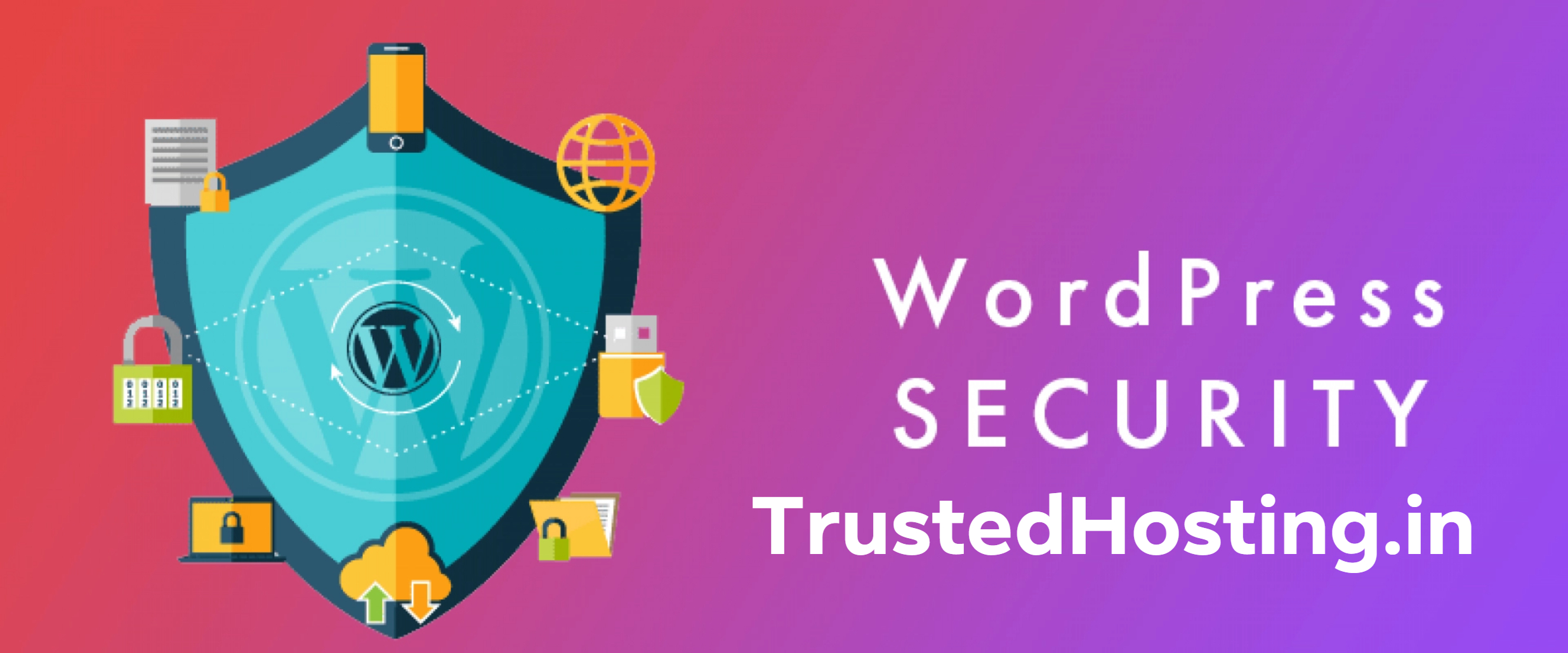Top Reasons for WordPress Websites Getting Hacked
WordPress is a widely popular and versatile content management system (CMS) used by millions of websites worldwide. While it offers a user-friendly interface and numerous plugins and themes to enhance functionality, it is not immune to security threats. WordPress websites can become vulnerable to hacking attempts if proper security measures are not in place. In this article, we will explore the top reasons why WordPress websites get hacked, shedding light on potential vulnerabilities and providing valuable insights on how to protect your digital presence.
-
Weak Passwords and User Authentication:
One of the most common reasons for WordPress websites getting hacked is the use of weak passwords or poor user authentication practices. Hackers employ various techniques, including brute force attacks, to crack weak passwords and gain unauthorized access to WordPress accounts. It is crucial to use strong passwords, a combination of uppercase and lowercase letters, numbers, and special characters. Additionally, enabling two-factor authentication (2FA) adds an extra layer of security by requiring an additional verification step.
-
Outdated WordPress Core, Themes, and Plugins:
Failing to update the WordPress core, themes, and plugins regularly can expose your website to security vulnerabilities. Developers regularly release updates that address bugs, fix security loopholes, and enhance overall performance. By not keeping your WordPress installation up to date, you risk leaving known vulnerabilities open for exploitation by hackers. It is imperative to update your WordPress installation, themes, and plugins promptly to ensure you have the latest security patches.
-
Vulnerabilities in Themes and Plugins:
While themes and plugins offer flexibility and added functionality, they can also introduce vulnerabilities to your WordPress website. Using poorly coded or outdated themes and plugins can leave your site susceptible to attacks. Hackers can exploit these vulnerabilities to gain unauthorized access, inject malicious code, or even deface your website. Only download themes and plugins from trusted sources, and regularly update them to benefit from bug fixes and security patches.
-
Insecure Hosting Environment:
Choosing a reliable and secure hosting provider is crucial for the overall security of your WordPress website. Shared hosting environments, where multiple websites are hosted on the same server, can be more vulnerable to attacks. A compromised website within the same hosting environment can potentially affect others. Opting for managed WordPress hosting or a reputable hosting provider with strong security measures and regular backups can significantly reduce the risk of a successful hacking attempt.
-
Insufficient File Permissions and Security Configurations:
Incorrect file permissions and insecure security configurations can provide an easy entry point for hackers. It is essential to ensure that file permissions are set correctly, granting the appropriate level of access to files and directories. Restricting write access to sensitive files and directories can prevent unauthorized modifications. Additionally, implementing secure configurations, such as disabling file editing through the WordPress admin interface, can minimize the risk of unauthorized code execution.
-
Neglecting Website Backups:
Regular website backups are an essential part of any security strategy. In the unfortunate event of a successful hacking attempt or a critical error, having a recent backup allows you to restore your website to a previous state. Neglecting backups leaves you vulnerable, as you risk losing valuable data or being unable to recover from a security breach. Use reliable backup solutions and ensure backups are performed regularly, ideally stored in off-site locations or cloud services for added security.
Conclusion:
Protecting your WordPress website from potential hacking attempts requires proactive security measures. By addressing the common reasons for WordPress websites getting hacked, such as weak passwords, outdated software, vulnerable themes and plugins, insecure hosting environments, insufficient file permissions, and neglected backups, you can significantly enhance your website’s security. Regular updates, strong passwords, secure hosting, and proactive security measures will help safeguard your digital presence and ensure a safe and stable online experience. Stay vigilant, follow best

